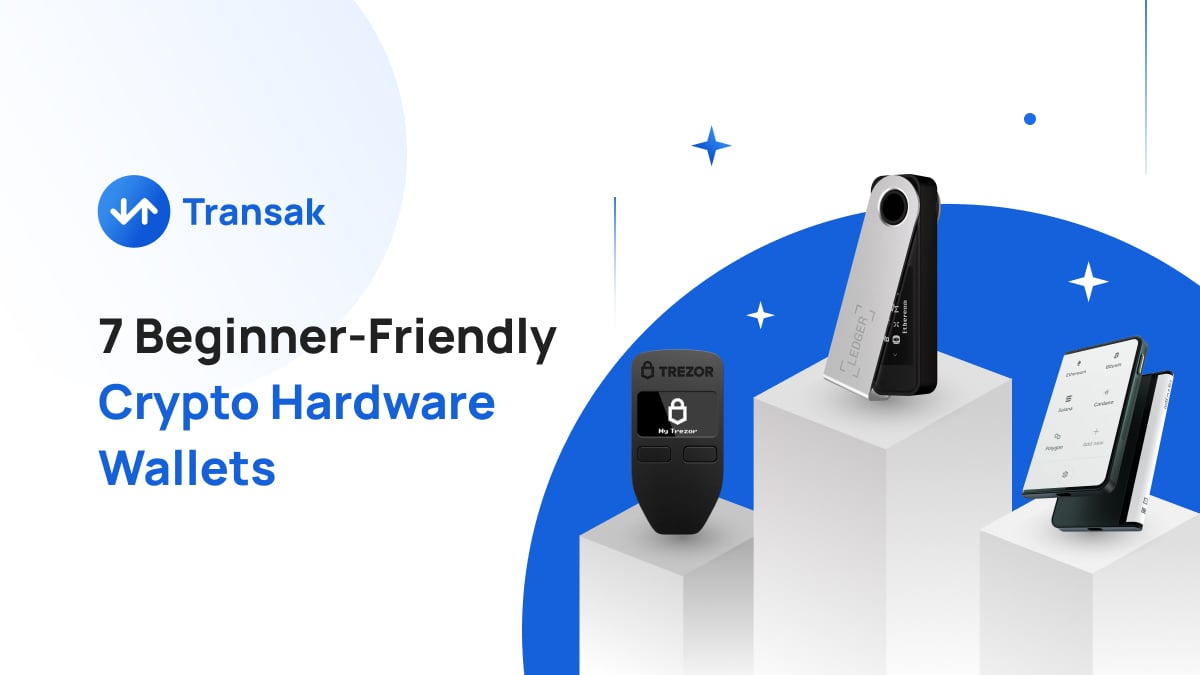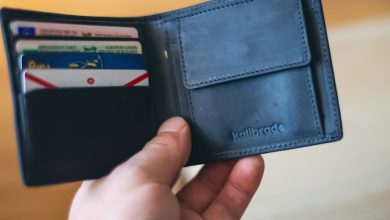The Best Wallets for Privacy Coins

- Understanding the importance of privacy coins
- Top features to look for in a wallet for privacy coins
- Comparing the best wallets for privacy coins
- Security measures to consider when storing privacy coins
- User-friendly wallets for beginners in the world of privacy coins
- Tips for safely managing your privacy coins in a wallet
Understanding the importance of privacy coins
Privacy coins are a type of cryptocurrency that focuses on enhancing the anonymity and security of transactions. These coins utilize advanced cryptographic techniques to ensure that the identities of the sender and receiver, as well as the transaction amount, remain private. This added layer of privacy is crucial for individuals who value their financial confidentiality and want to protect their sensitive information from prying eyes.
Privacy coins offer a level of anonymity that is not typically found in traditional cryptocurrencies like Bitcoin or Ethereum. By using privacy coins, users can conduct transactions without worrying about their financial history being exposed or their funds being traced. This level of privacy is especially important for those who want to keep their financial activities confidential for personal, security, or legal reasons.
Furthermore, privacy coins provide an extra layer of protection against potential threats such as hacking, identity theft, and surveillance. By using privacy coins, individuals can minimize the risk of their personal information being compromised and prevent unauthorized access to their financial data. This added security feature makes privacy coins an attractive option for those who prioritize privacy and security in their digital transactions.
Top features to look for in a wallet for privacy coins
When choosing a wallet for privacy coins, there are several key features to consider that can help ensure the security and anonymity of your transactions. Look for a wallet that offers **strong encryption** to protect your private keys and sensitive information. **Anonymity features** such as stealth addresses and coin mixing can also help enhance your privacy when using privacy coins.
Another important feature to look for is **compatibility** with a variety of privacy coins, such as Monero, Zcash, and Dash. This will allow you to store and manage multiple types of privacy coins in a single wallet, making it more convenient to access your funds.
Additionally, **user control** over transaction fees and confirmation times can be beneficial when using privacy coins. Some wallets offer customizable options for these settings, allowing you to prioritize speed or cost depending on your needs.
Lastly, **multi-platform support** is essential for ensuring that you can access your wallet from various devices and operating systems. Look for wallets that offer desktop, mobile, and web versions to ensure that you can manage your privacy coins securely from anywhere.
By considering these top features when choosing a wallet for privacy coins, you can help protect your financial information and maintain your anonymity while using these cryptocurrencies.
Comparing the best wallets for privacy coins
When it comes to privacy coins, choosing the right wallet is crucial to ensure the security and anonymity of your transactions. There are several wallets available that cater specifically to privacy coins, offering features such as stealth addresses, coin mixing, and encryption. Let’s compare some of the best wallets for privacy coins:
1. **Ledger Nano S**: The Ledger Nano S is a hardware wallet that supports a wide range of privacy coins, including Monero, Zcash, and Dash. It offers top-notch security features such as PIN protection and two-factor authentication, making it a popular choice among privacy coin enthusiasts.
2. **Trezor Model T**: Another hardware wallet option, the Trezor Model T, is known for its user-friendly interface and strong security measures. It supports privacy coins like Monero and Zcash, allowing users to store their coins safely offline.
3. **Electrum Wallet**: Electrum is a popular desktop wallet that is compatible with privacy coins such as Dash and Verge. It offers features like coin control and multi-signature support, giving users more control over their transactions and privacy.
4. **Exodus Wallet**: Exodus is a multi-currency desktop wallet that supports a variety of privacy coins, including Zcash and Komodo. It has a sleek design and intuitive interface, making it easy for beginners to store and manage their privacy coins.
5. **Atomic Wallet**: Atomic Wallet is a multi-currency wallet that supports over 300 coins, including popular privacy coins like Monero and Dash. It offers built-in atomic swaps and a decentralized exchange, allowing users to trade their privacy coins securely and anonymously.
When choosing a wallet for your privacy coins, consider factors such as security, ease of use, and coin support. Each of these wallets offers unique features that cater to the needs of privacy coin users, so take the time to research and find the one that best fits your preferences and requirements.
Security measures to consider when storing privacy coins
When it comes to storing privacy coins, it is crucial to consider various security measures to protect your assets. Here are some important steps to take:
- Utilize hardware wallets: Hardware wallets are considered one of the most secure options for storing privacy coins. These wallets store your private keys offline, making it difficult for hackers to access your funds.
- Enable two-factor authentication: Adding an extra layer of security with two-factor authentication can help prevent unauthorized access to your wallet.
- Use strong passwords: Make sure to use complex passwords that include a combination of letters, numbers, and special characters to enhance the security of your wallet.
- Keep your wallet software up to date: Regularly updating your wallet software can help protect against potential vulnerabilities and security threats.
- Avoid storing large amounts on exchanges: While exchanges offer convenience, they are more susceptible to hacks. It is recommended to only keep the amount you need for trading on exchanges and store the rest in a secure wallet.
By following these security measures, you can help safeguard your privacy coins and minimize the risk of unauthorized access to your funds.
User-friendly wallets for beginners in the world of privacy coins
For beginners entering the world of privacy coins, it is essential to have user-friendly wallets that make managing and storing their digital assets easy and secure. These wallets are designed with simplicity in mind, ensuring that even those new to the space can navigate them with ease. Here are some of the best wallets for privacy coins that are perfect for beginners:
- **Atomic Wallet**: Atomic Wallet is a popular choice for beginners due to its intuitive interface and support for a wide range of privacy coins. It allows users to store, manage, and exchange their assets all in one place.
- **Exodus Wallet**: Exodus Wallet is another user-friendly option that supports a variety of privacy coins. It offers a simple design and easy-to-use features, making it ideal for those just starting out.
- **Trust Wallet**: Trust Wallet is known for its security and ease of use, making it a great option for beginners looking to store their privacy coins safely. It also offers a built-in decentralized exchange for seamless trading.
These wallets provide a seamless experience for beginners in the world of privacy coins, allowing them to securely store and manage their assets without any hassle. With their user-friendly interfaces and robust security features, these wallets are a great choice for those new to the space.
Tips for safely managing your privacy coins in a wallet
When it comes to managing your privacy coins in a wallet, there are several important tips to keep in mind to ensure the security of your funds. Here are some key guidelines to follow:
- Choose a reputable wallet: Opt for a wallet that has a strong reputation for security and privacy features.
- Enable two-factor authentication: Adding an extra layer of security to your wallet can help prevent unauthorized access.
- Keep your wallet software up to date: Regularly updating your wallet software can help protect against potential vulnerabilities.
- Use strong passwords: Create a unique and complex password for your wallet to enhance security.
- Backup your wallet: Make sure to regularly backup your wallet to prevent loss of funds in case of theft or hardware failure.
- Avoid sharing sensitive information: Be cautious about sharing your wallet address or other sensitive details to protect your privacy.
- Consider using a hardware wallet: Hardware wallets offer an extra layer of security by storing your private keys offline.
- Be mindful of public Wi-Fi: Avoid accessing your wallet on public Wi-Fi networks to reduce the risk of hacking.
By following these tips, you can safely manage your privacy coins in a wallet and protect your funds from potential threats.



